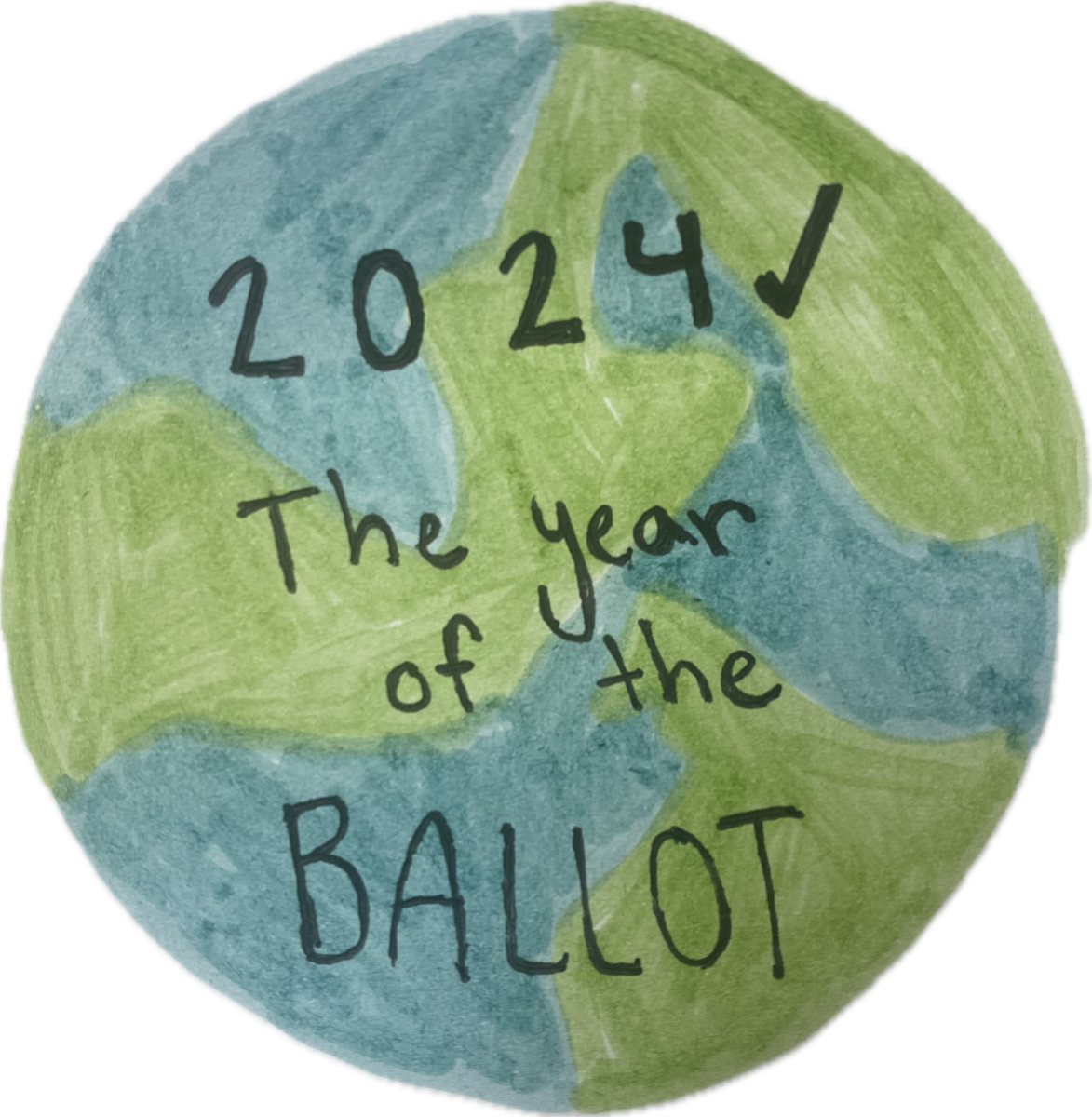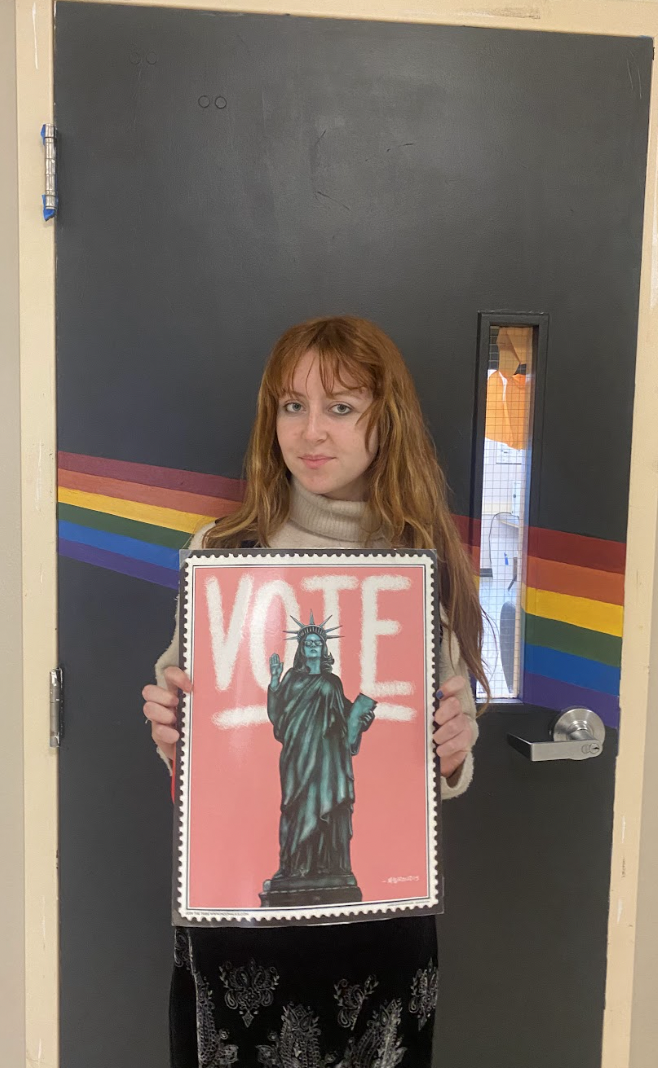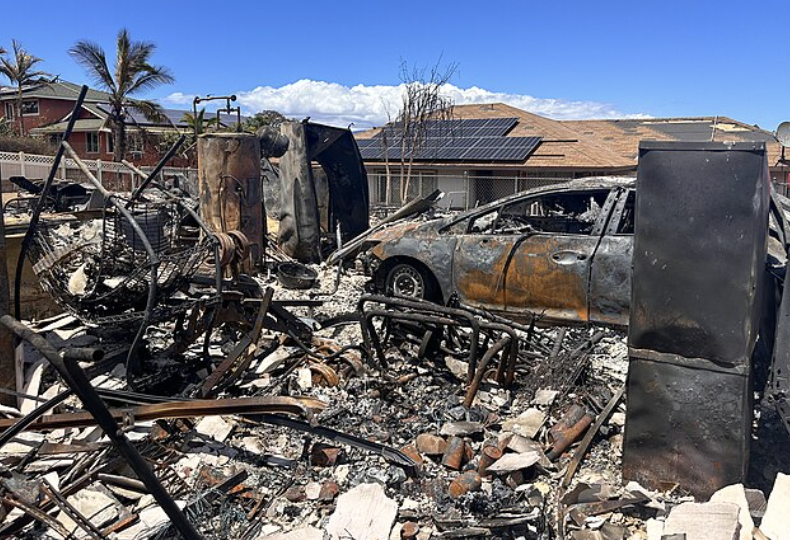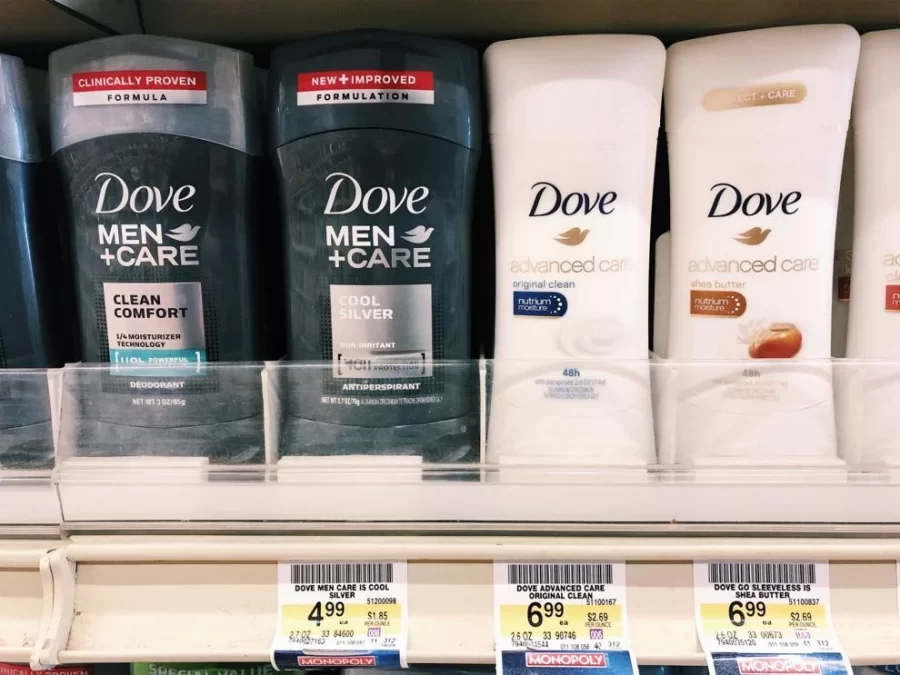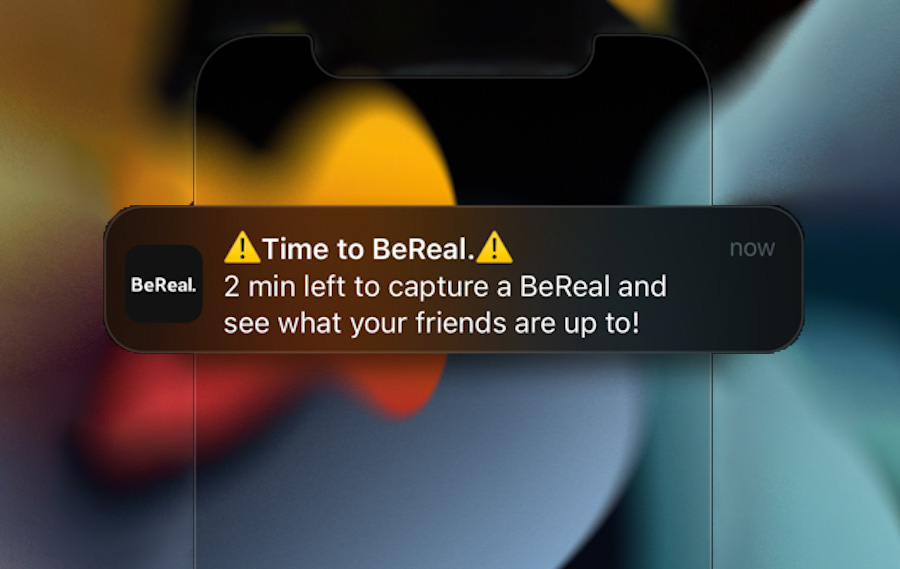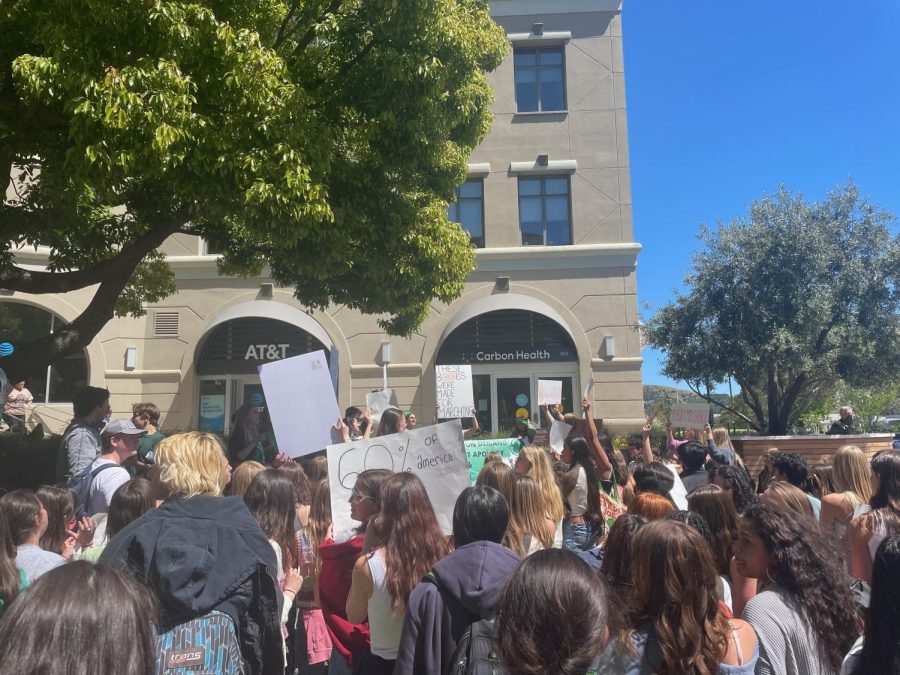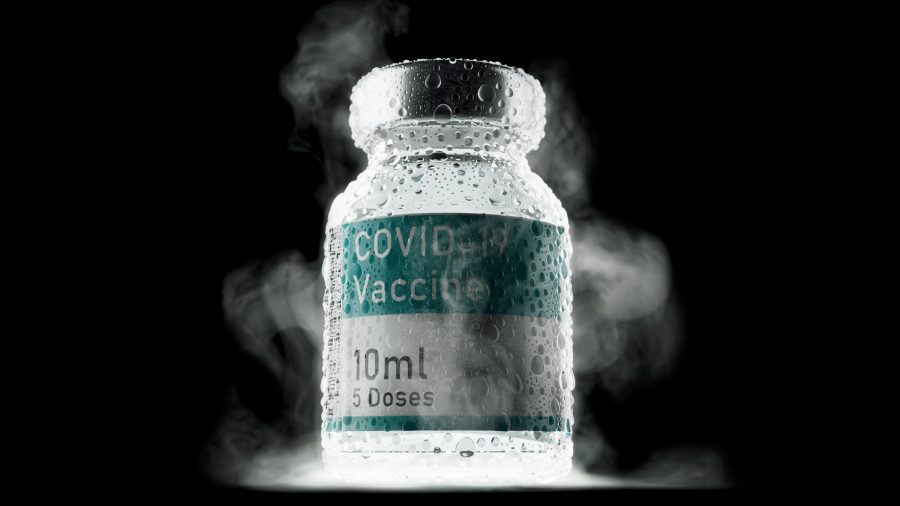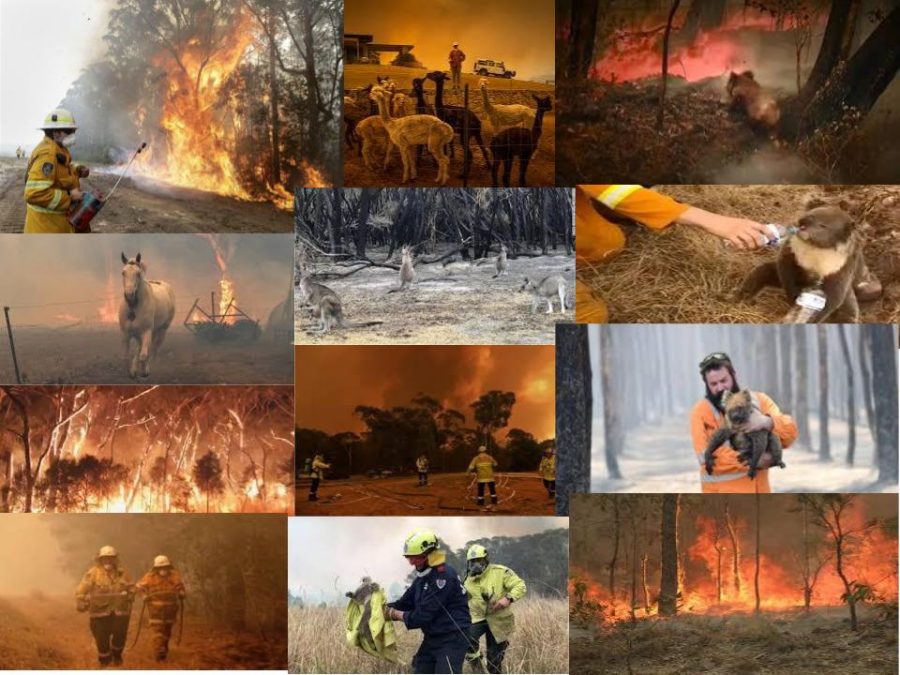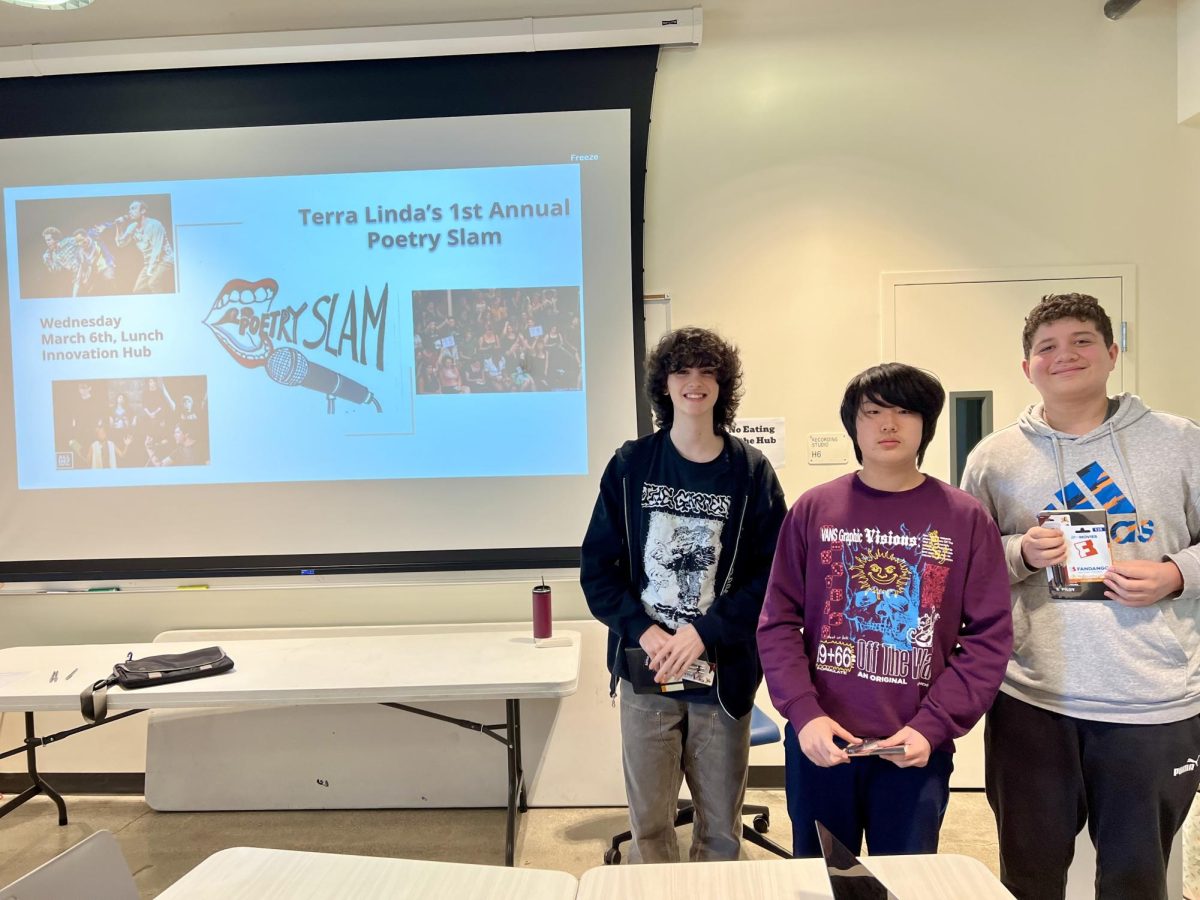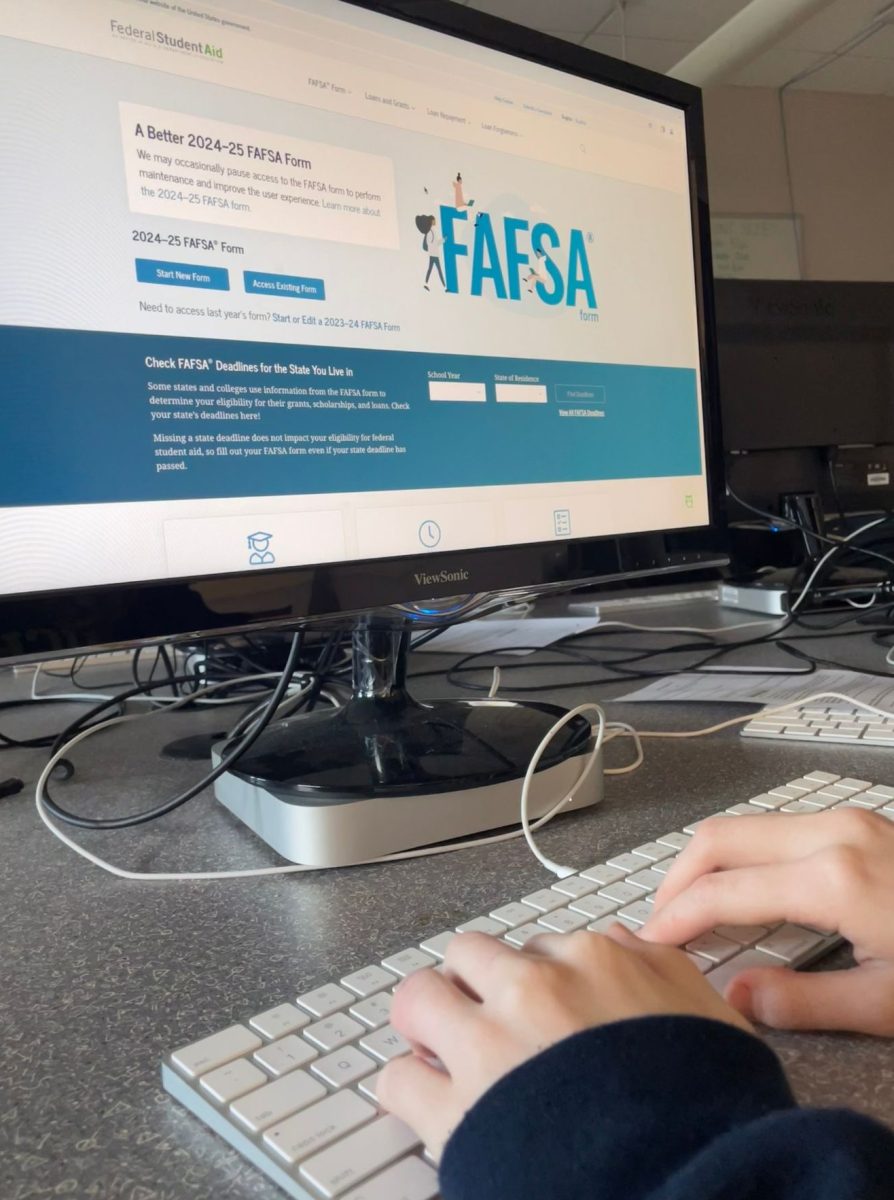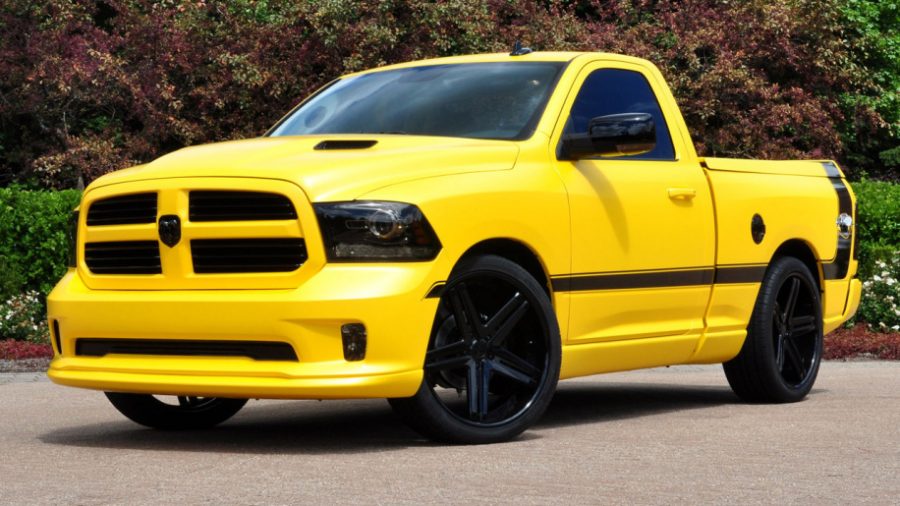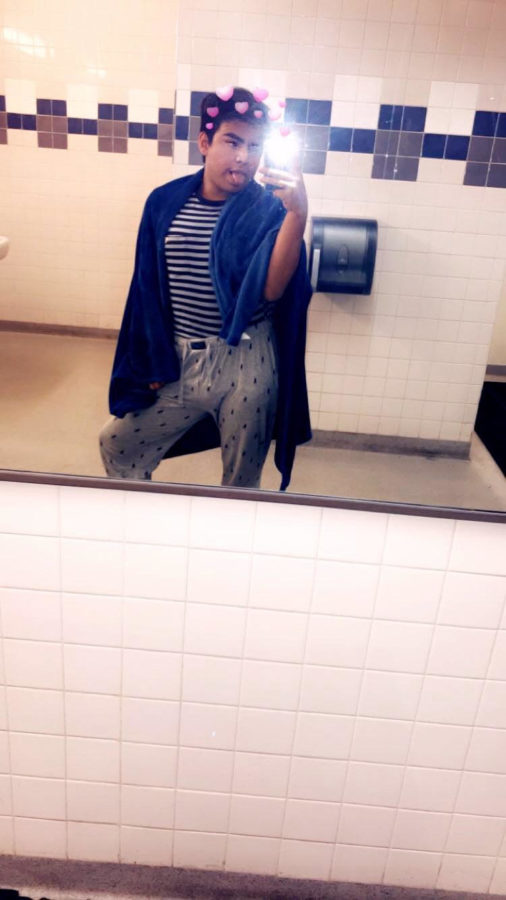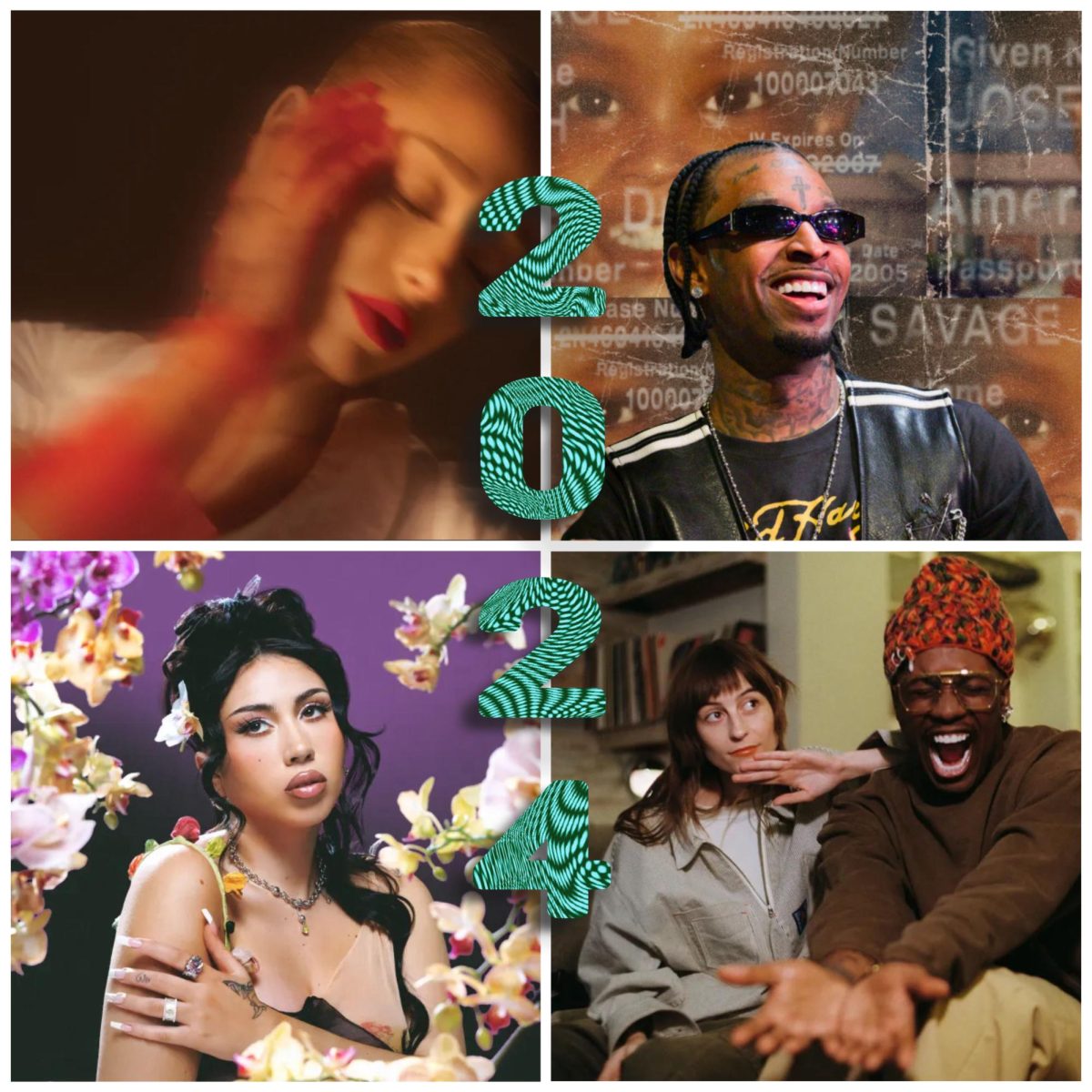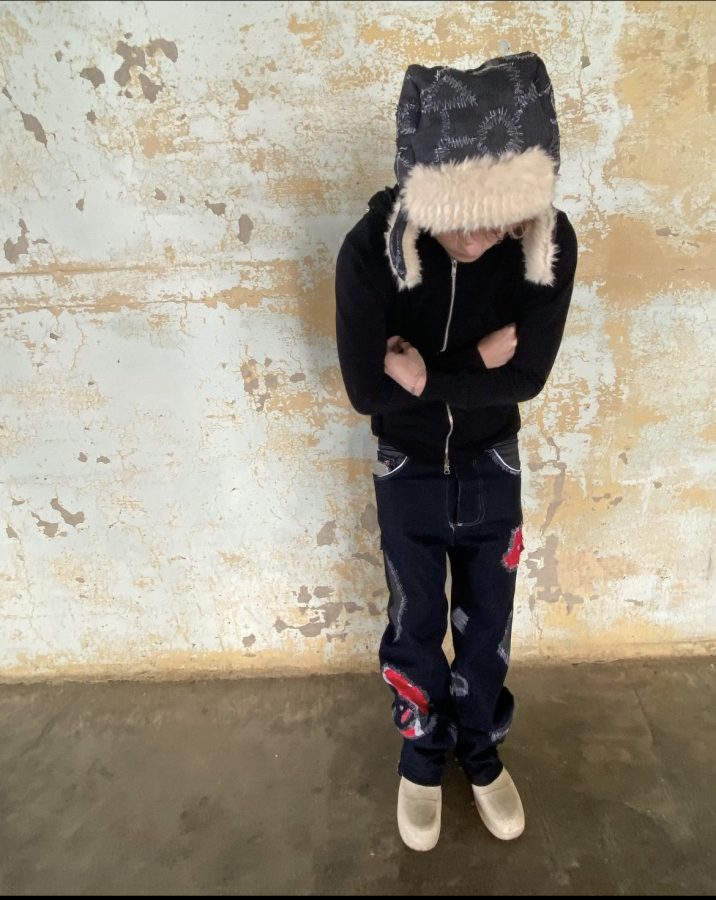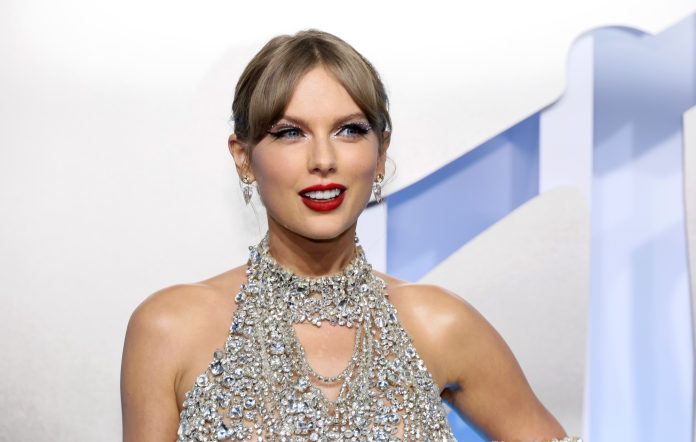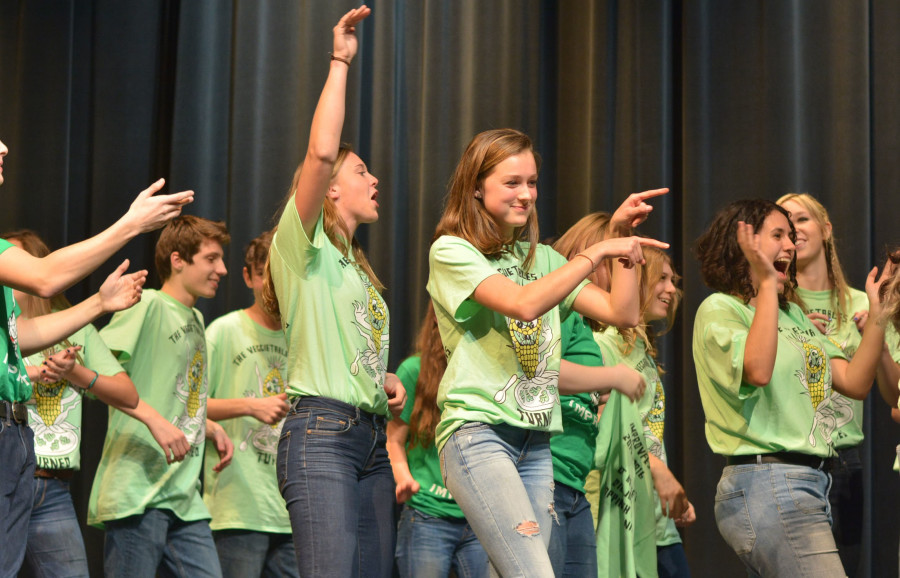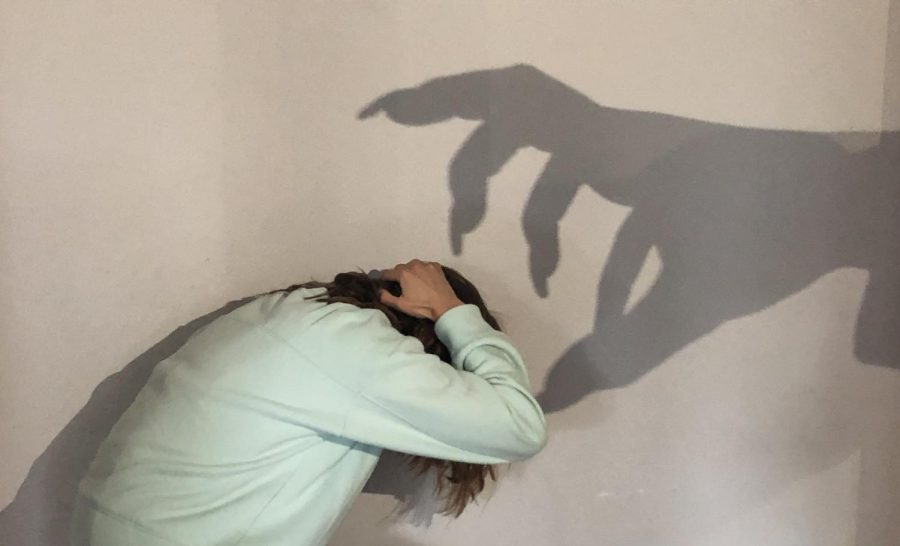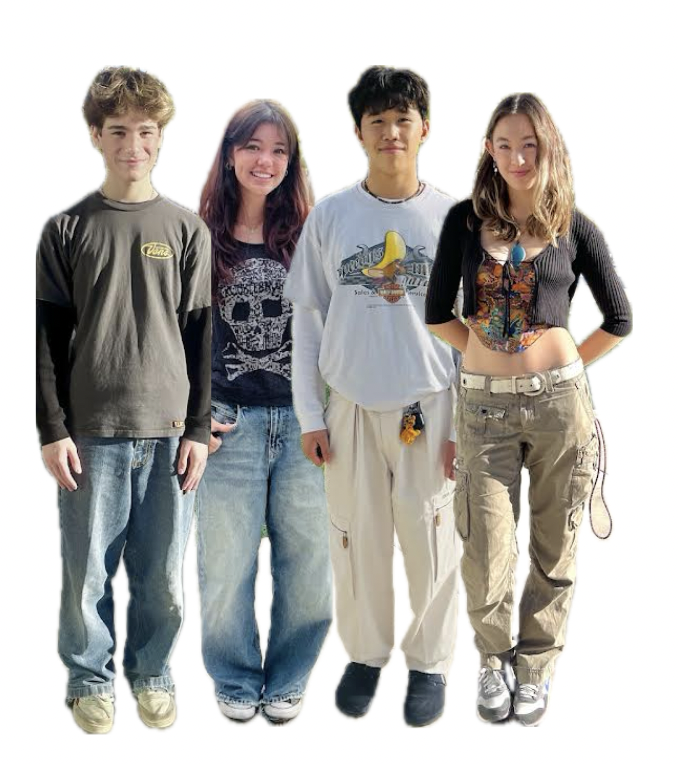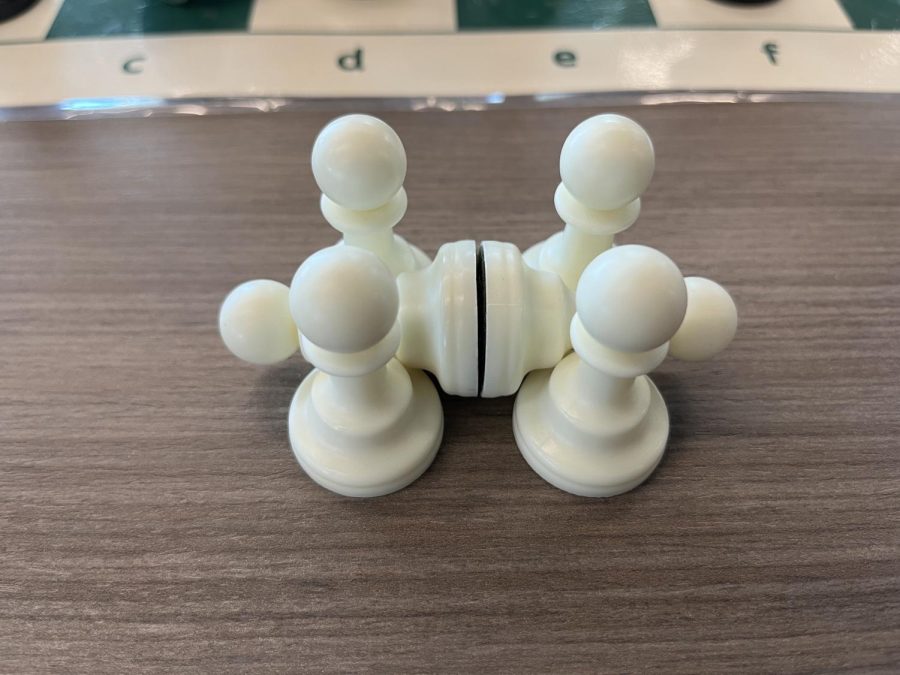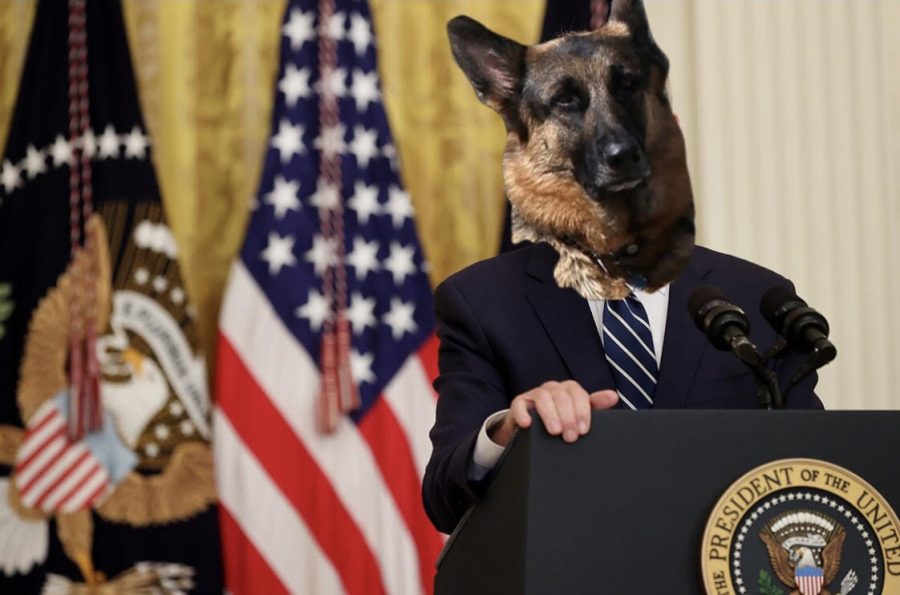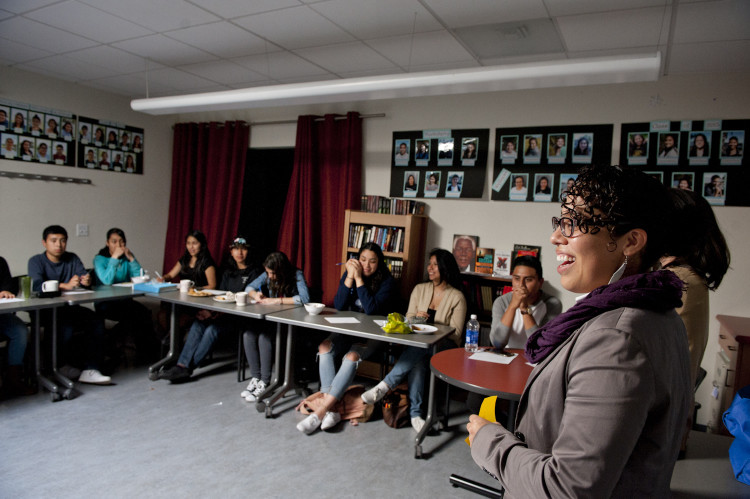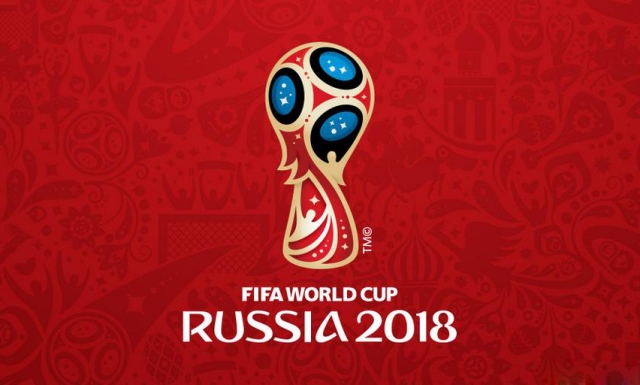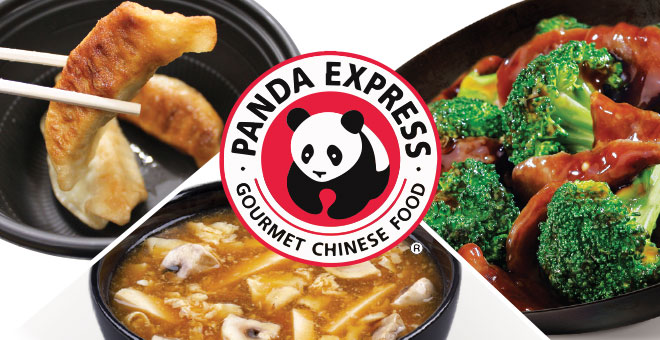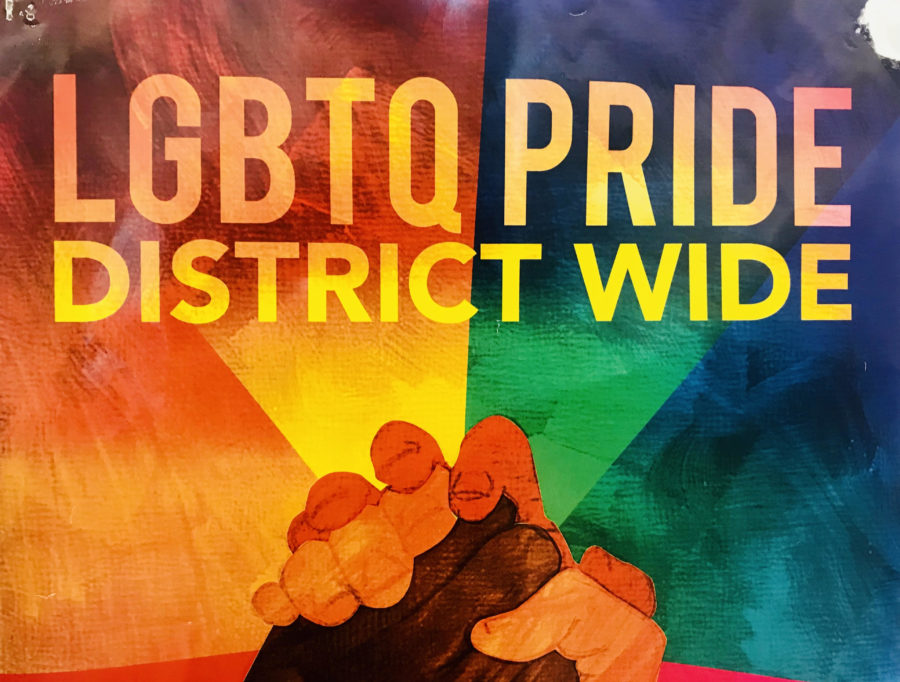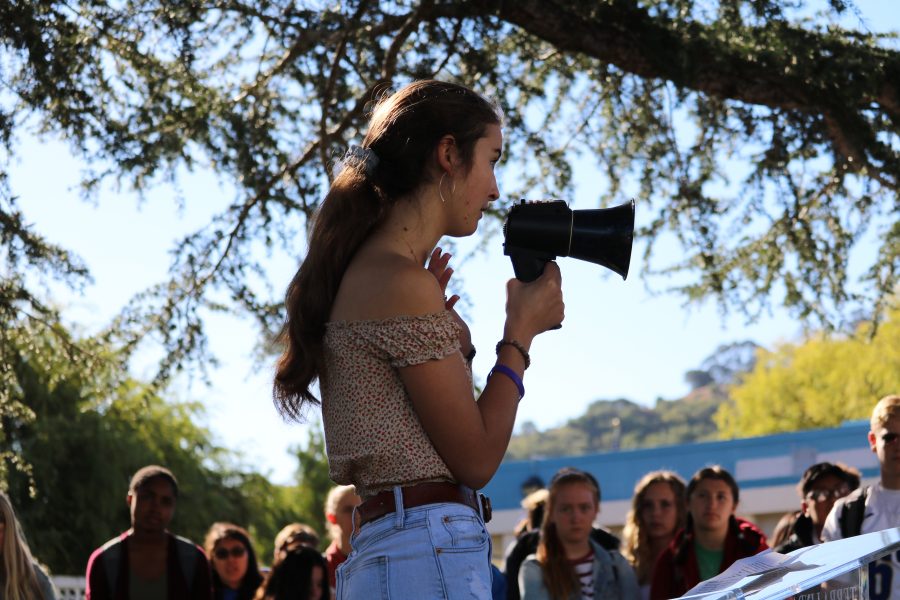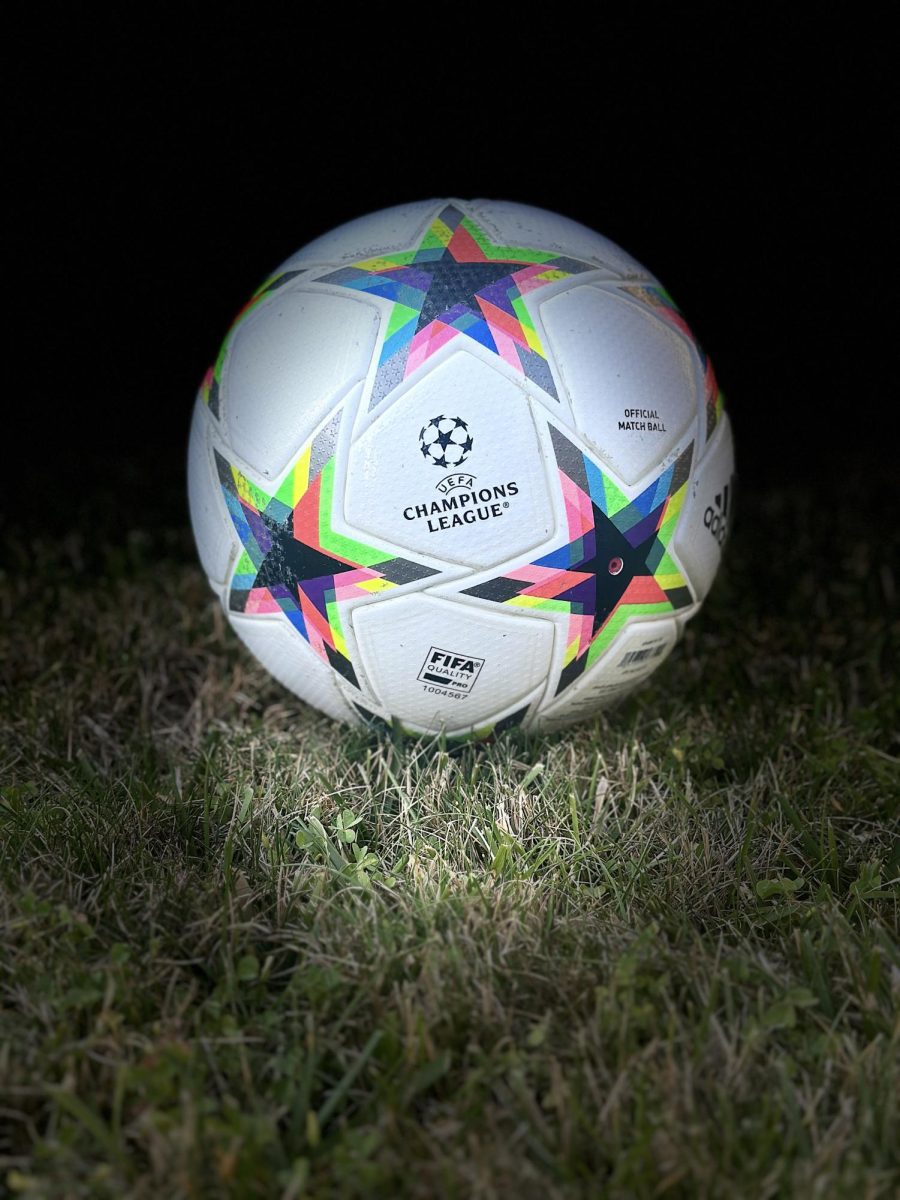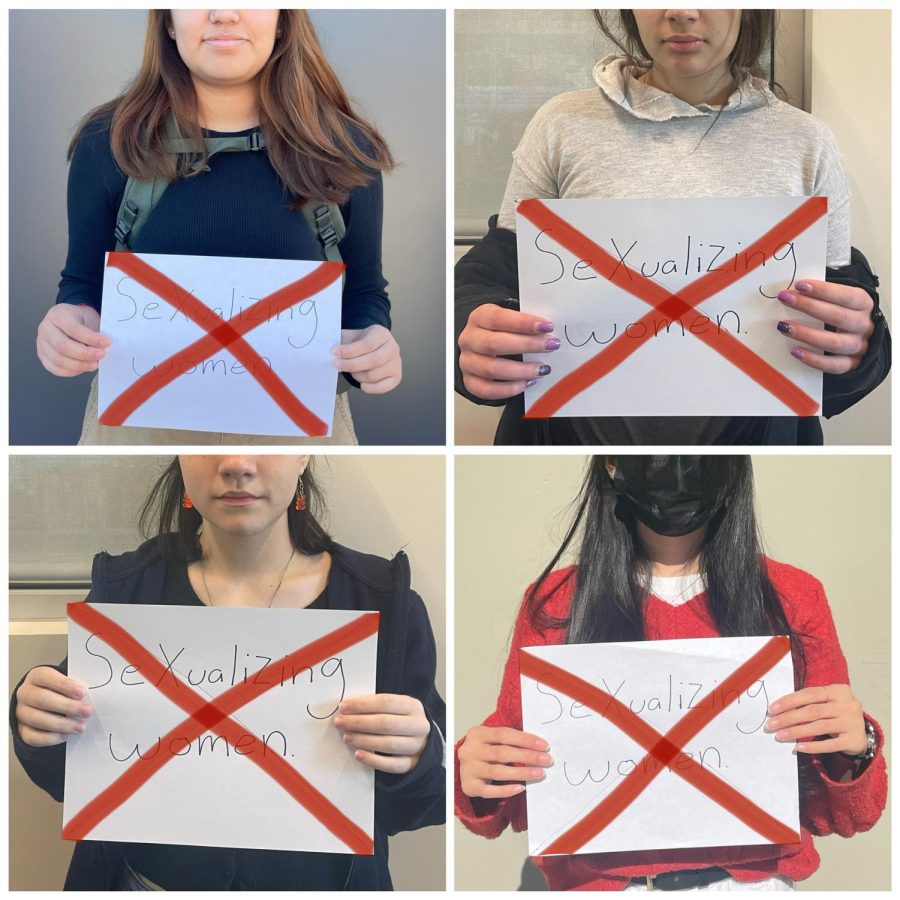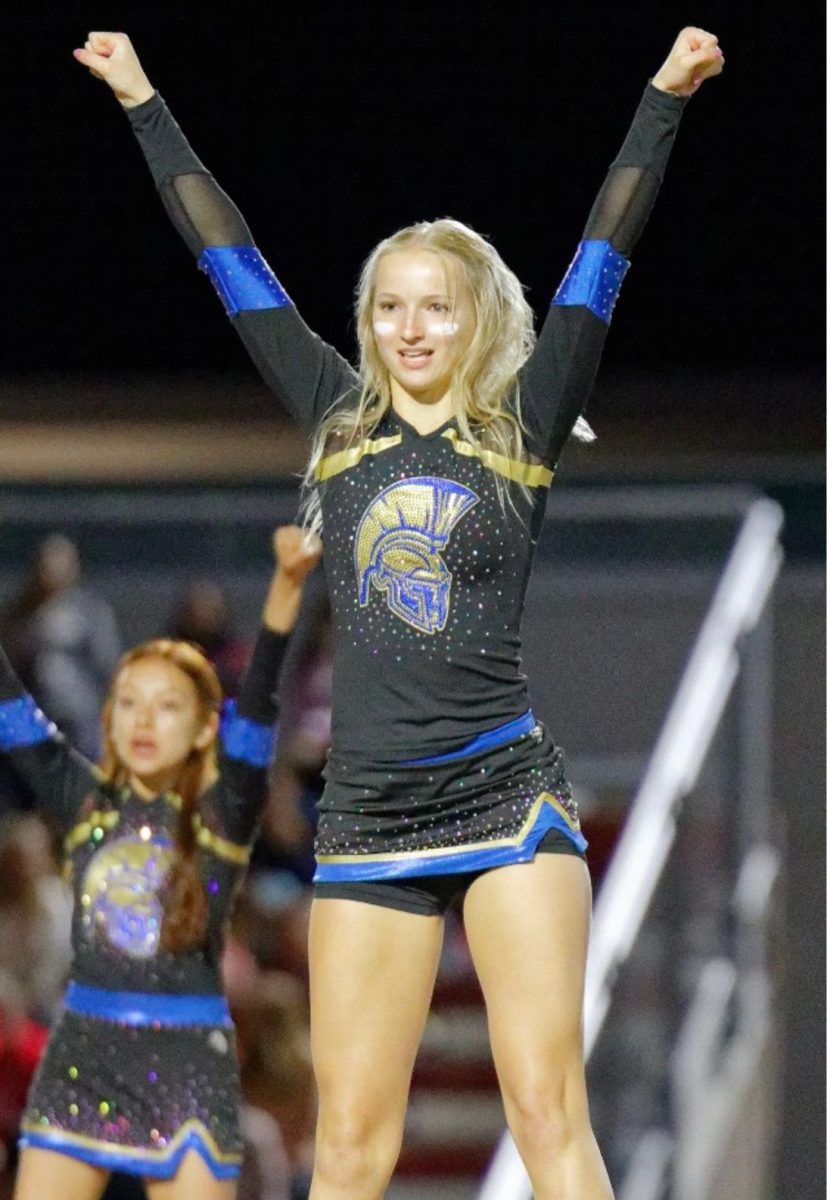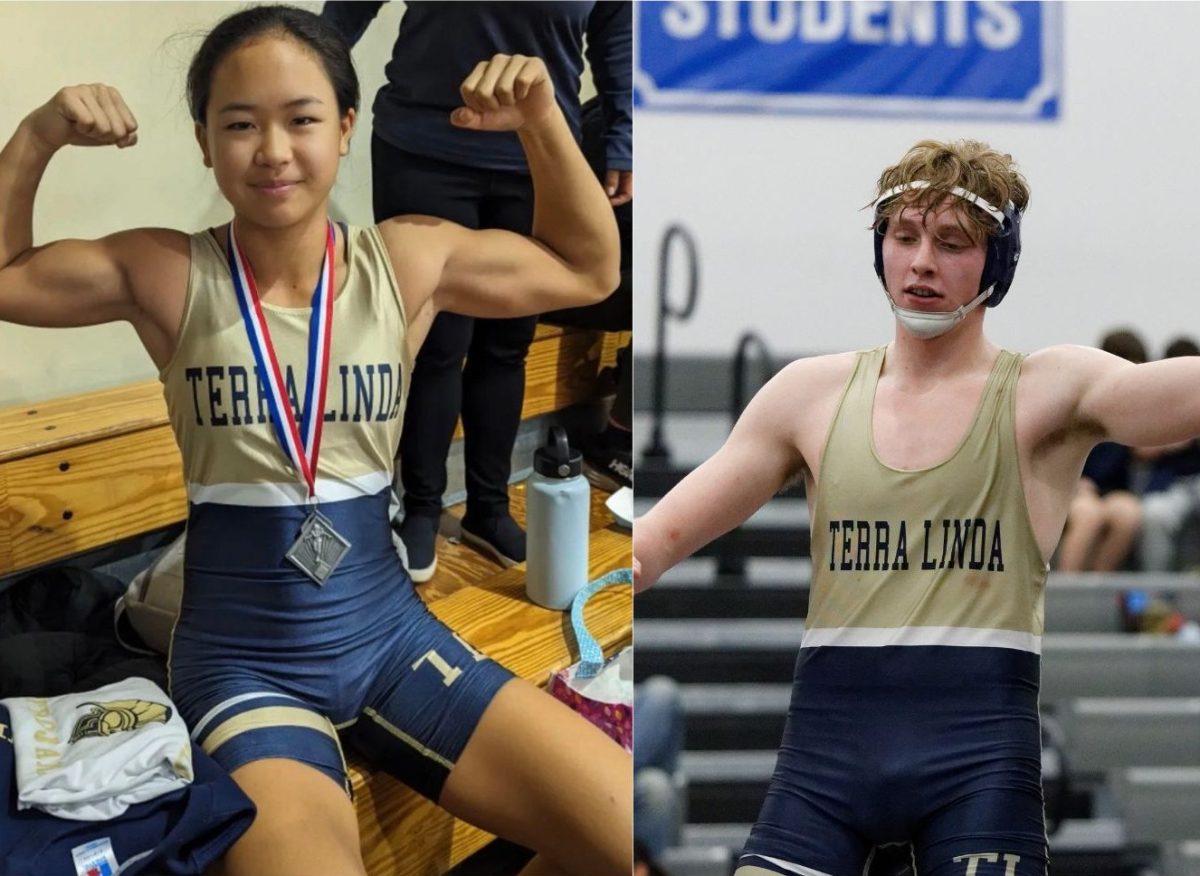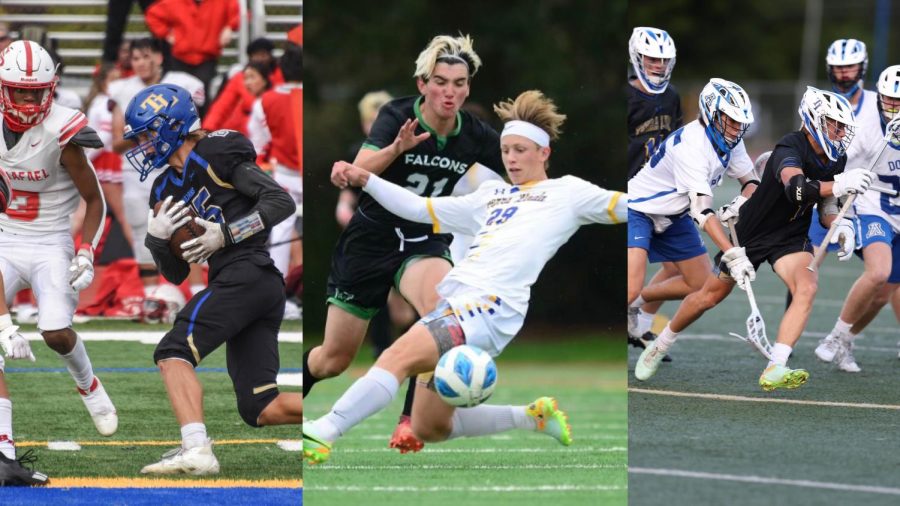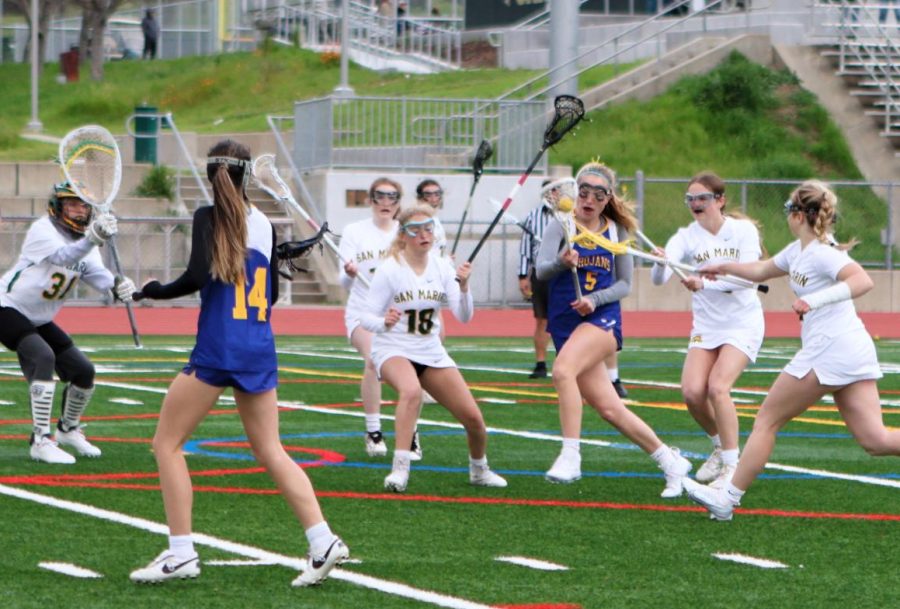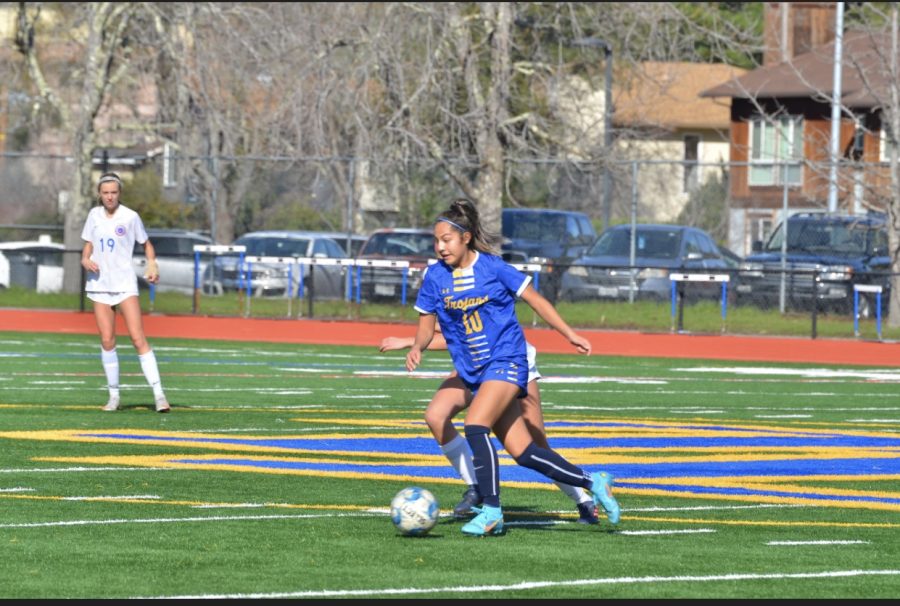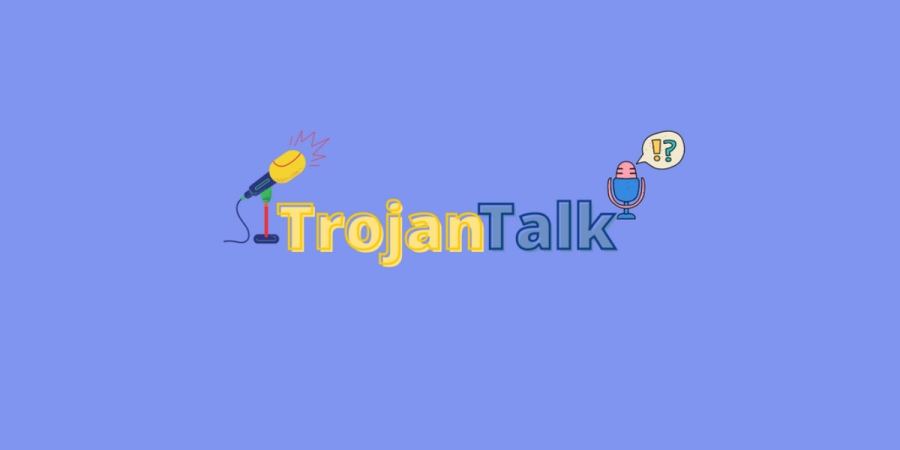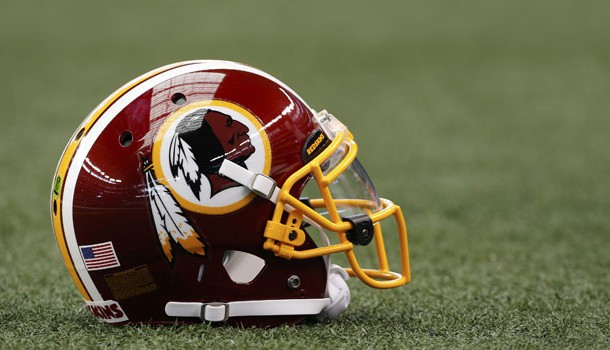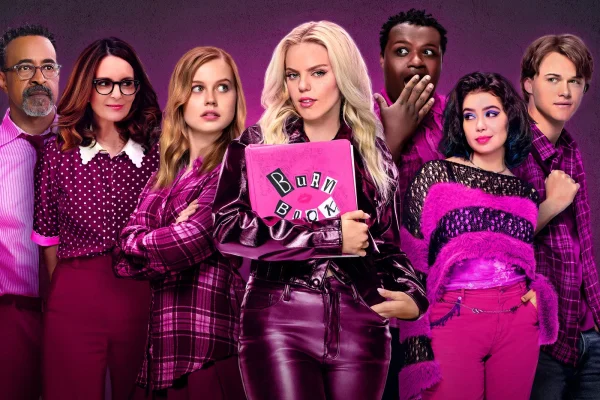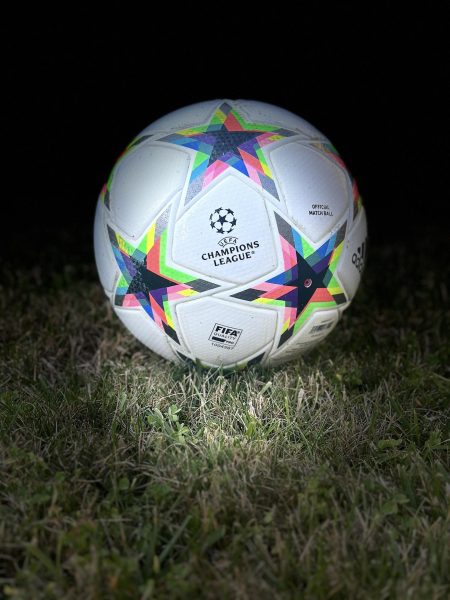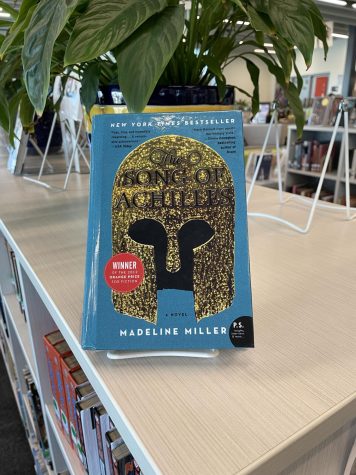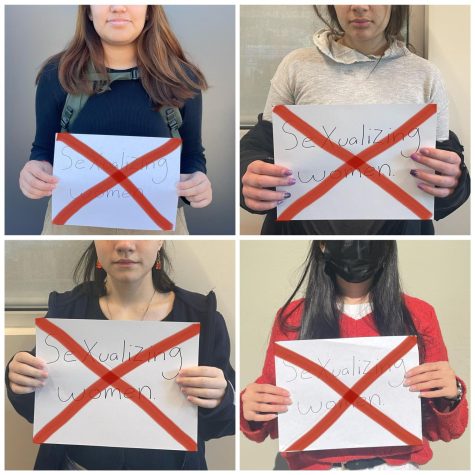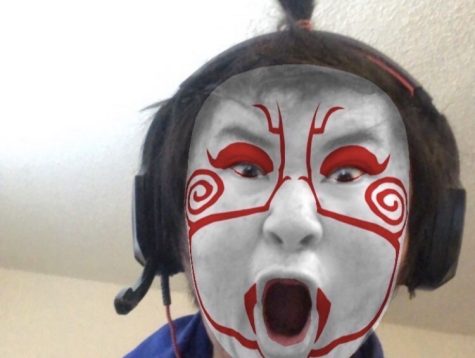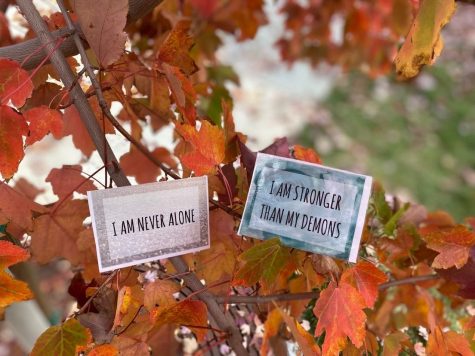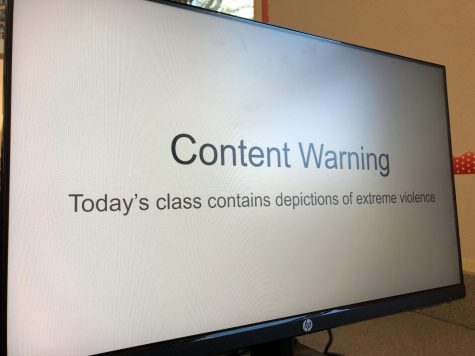Should We Really Be Focusing on Controversial Sports Logos?
December 19, 2016
On June 18, 2014, the Washington Redskins’ six logo trademarks were cancelled in a two-to-one decision in the Blackhorse v. Pro-Football, Inc. case by the Trademark Trial and Appeal Board (TTAB) of the United States Patent and Trademark Office (USPTO). Even though many other sports logos are controversial and considered racist, the Redskins are the only team to lose their trademark.
So, what is the Redskins’ logo? Well, it’s a distinctively red skin-colored Native American man with a braid and feathers in his head, encompassed by a golden ring with feathers hanging off of it. The logo isn’t the only thing that’s under heat; the name “Redskins,” is very offensive to many people as well. The term, Redskin, was originally used as a slang word for Native Americans, but just like other racist terms, it turned into a slur used to demean people of a certain skin color.
It makes sense: why would a team use an offensive term for their name? Why not just use a generic animal like the Panthers or Cardinals for a name and create no controversy?
Well, the logo actually isn’t that big of an issue. For example, The Washington Post conducted a survey of 504 Native Americans in the D.C. area, and the results showed that 90 percent of them were not bothered by the Washington Redskins team name. They also found that 73 percent did not even find the term “redskin” disrespectful. These surveys correlate to another survey conducted by The Washington Post, which said that more non-Native American people were offended by the name than Native Americans. This is most likely due to the attitude that people think they know what is good for other people, which is the primary defense for the people who want to change the names of sports teams.
Terra Linda Sophomore, Jack Riley, who is Native American said, “I don’t think the logo is offensive. People taking issue with something so minute is sad and really shows how oppressive and quite annoying the political correctness movement is.” Riley understand that people have issues with the Redskins name and logo, but he thinks that it’s annoying that people are focusing so heavily on this opposed to other issues facing the Native American community.
In the past, a similar situation happened to Florida State University. Their mascot is the Seminole, a Native American tribe in Florida. The NCAA wanted to change FSU’s name, and the Seminole Tribe came to the defense of the college mascot. The call to these teams to change their names is not primarily done because Native Americans are calling out for change, but because people who are much better off than Native Americans feel it is their job to make change. There are cases, like in the Blackhorse v. Pro-Football, Inc. case, in which the prosecutors are actually the same race portrayed in the controversial logo, but this is not particularly common. Often times, outsiders who are not directly involved are the people who call for change. These people try and help with issues of race, but they don’t know or understand the direct effects of racism as they are not of the affected race.
There are much more pressing issues concerning the Native American population than a possibly-racist logo. For example, 27 percent of people who identify as Native American live in poverty. The federal government is still stripping Native Americans of land. In 2010, only 51 percent of Native Americans graduated high school because of pressing economic concerns and a lack of real opportunities compared to other races. A large percentage, 40%, of Native Americans are also subjected to the dismal living conditions found on reservations. Additionally, one third of Native Americans are not insured, and health problems are prevalent amongst their population.
There are a disproportionate number of problems facing Native American communities, so changing the name of a football team should not be a priority. Rather than protesting that a team change its name, why not protest against bigger issues, like how Native Americans are constantly taken advantage of by the U.S. Government?

